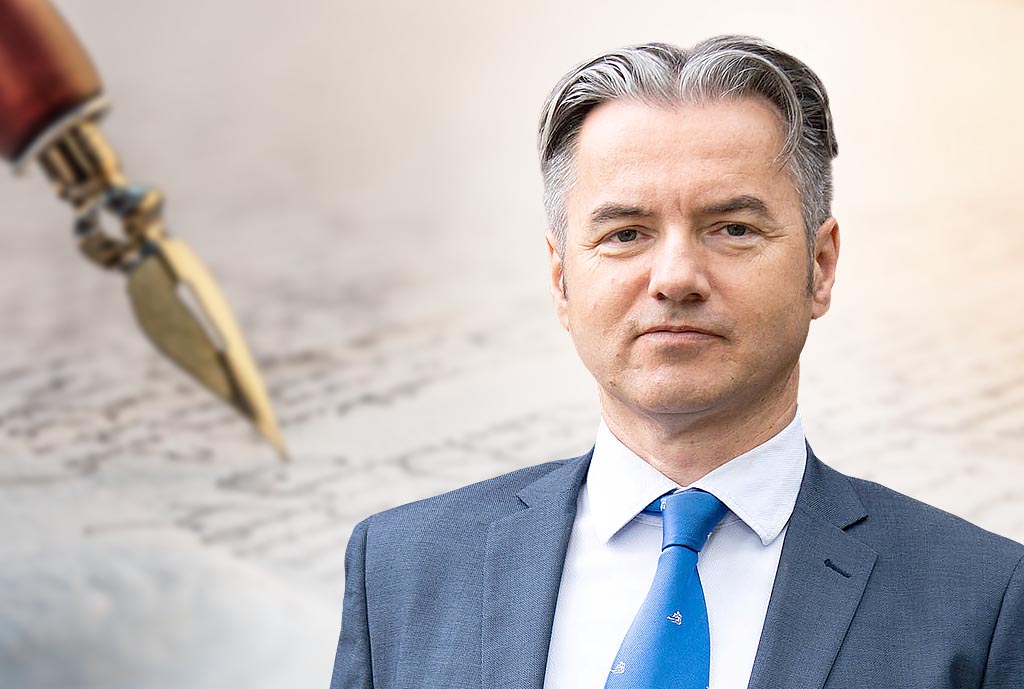By: Dr Metod Berlec
In 1957, former high-ranking Yugoslav communist official and later political dissident Milovan Đilas published a book in the United Kingdom titled The New Class: An Analysis of the Communist System. In it, he wrote about how party-state officials form a class that “uses, enjoys, and controls nationalised property.”
The new class draws its power, privileges, ideology, and habits from a specific form of property – “collective property, which the new class manages and controls in the name of the state and society.” As Đilas puts it: “If communists were stripped of their property rights, it would mean the abolition of their class. If they were forced to allow other social forces to participate in this ownership, or more precisely, to let them have a say in it, they would be deprived of their monopoly over property, ideology, and power. That would mark the beginning of freedom and democracy in communism – the end of communist monopolism or totalitarianism. Until this happens, we cannot speak of serious, essential changes in communist systems, at least not from the perspective of those who seriously contemplate social progress.
Undoubtedly, this line of thinking remains highly relevant to Slovenia’s transitional left – to the Slovenian political landscape, where the ruling elite (even after defeat in the referendum) behaves as if nothing stands above them but the blue sky and they can do whatever they want. Their arrogant, self-indulgent, harmful, and wasteful style of governance provides a clear answer to the question posed to Golob’s government by SDS MP Anton Šturbej. He inquired about how much the ministries and the Prime Minister’s office had spent in recent years on representation (in terms of protocol-related expenses such as events, receptions, gifts, etc.). The response was very telling. During Janez Janša’s government (January–May 2022), the cost of representation was €83,910. After Golob’s government took office, the expenses rose. From June to December, they amounted to €105,228. The total for the year was €189,139.54.
However, the representation costs skyrocketed in 2024. According to the data, the ministries and the Prime Minister’s office spent €1,844,452 on representation – an extraordinarily high amount compared to previous years. One glaring example this year was at the end of April, when the Minister for a Solidary Future, Simon Maljevac (Levica), and his entourage, after the ceremonial opening of so-called non-profit housing in Novo mesto (a project initiated by the last Janša government), “ate up” more than €9,000 of taxpayers’ money (paid for by the Housing Fund of the Republic of Slovenia). This is undoubtedly symptomatic of Golob’s self-serving government, which says one thing and does another. Above all, it seems most concerned with keeping its own bellies full…
